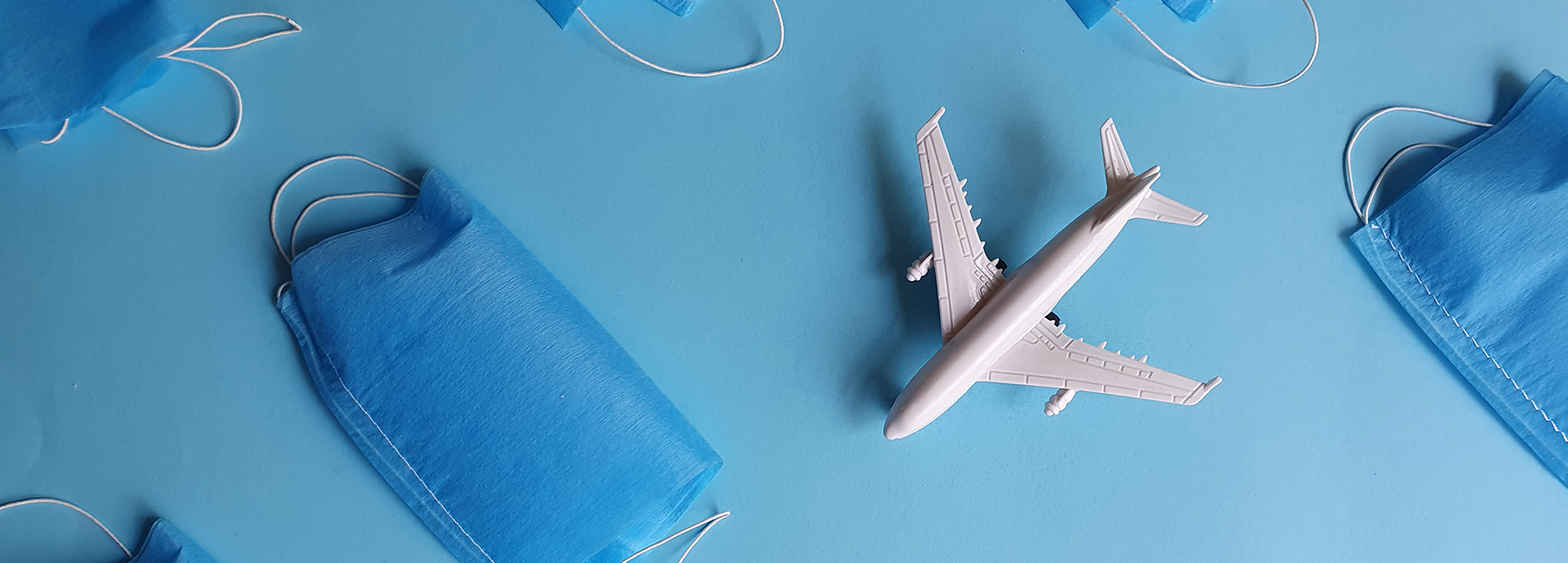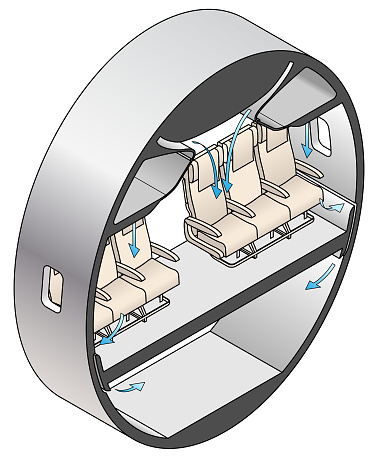1. A reduction in the need for human interaction by implementing:
- online booking, check in & self-service bag tagging
- boarding pass on mobile phone
- paying for purchases via wallet on smartphones or contactless credit cards
2. Body temperature scanners on entry
3. Mouth and nose coverings in all public areas will be compulsory & disinfection dispensers will be available throughout the airport
4. An enhanced cleaning and disinfection routine
5. Security check points can cause bottlenecks, possible solutions include:
- Screening officers positioned in remote locations
- Use of EDS CB C3 approved CT technology which allows for liquids and laptops to be left in bags, reducing the number of trays handled by both staff and passengers
- X-ray equipment may also be upgraded to EDS CB C2, removing the need to unpack laptops
- 6. Short-wavelength UV light (UVC) may be installed for the disinfection of surfaces at security checkpoints
7. Artificial intelligence could be harnessed which would enable automated screening at the checkpoint. This would create a "self-service" security checkpoint where human interaction is only required if an alert is triggered




